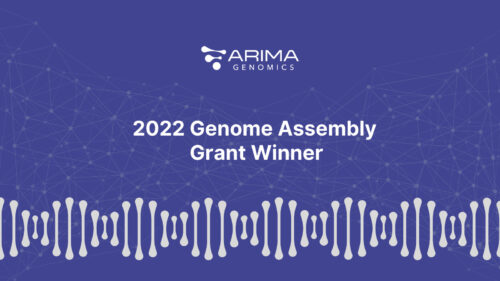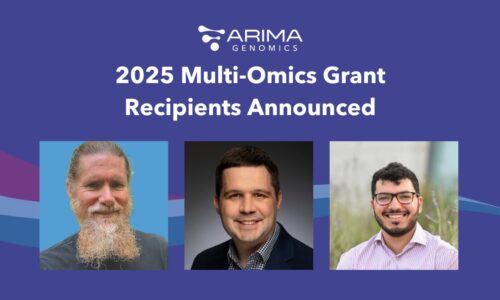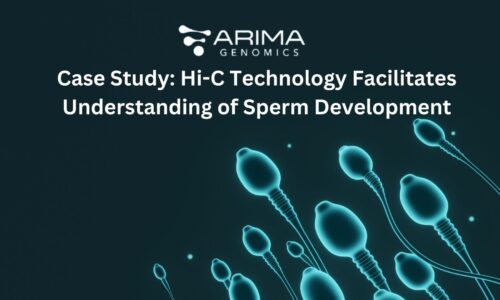April 7, 2022
Share
As a company of scientists and science enthusiasts, we are passionate about helping the scientific community answer scientific questions and advance human understanding through the power of 3D genomics. Researchers studying a wide variety of species – from vaquitas to butterflies – have leveraged Arima Hi-C technology in de novo assembly sequencing projects to help assign and orient fragments of DNA and build chromosome-scale assemblies.

Our 2022 Genome Assembly Grant program offered scientists the opportunity to try Arima technology in their genome assembly research. We received many submissions from around the world and it was a real challenge to select just one winning project.
We are pleased to announce that this grant award will support Adrián Muñoz-Barrera and the Flores lab at the Instituto Tecnológico y de Energías Renovables (ITER S.A.) in Spain. Here’s a look at their exciting research and how Arima Hi-C technology will advance the efforts.
Grant Winner: Adrián Muñoz-Barrera, PhD candidate
Institution: Instituto Tecnológico y de Energías Renovables (ITER S.A.)
Project Goal: Use Arima High Coverage HiC to improve de novo assemblies of Canary Islanders

Adrián Muñoz-Barrera of Instituto Tecnológico y de Energías Renovables (ITER S.A.).
Canary Islanders, a Southwestern European population with recent and significant genetic influence from North Africa, are of interest for researchers aiming to increase diversity in genetic catalogs of variation and to identify new genes important for prevalent and rare diseases. One of the goals of research at the Genomics Division at ITER is to contribute to understanding of genetic diseases to improve personalized medicine approaches for populations in the Canary Islands and beyond.
The team is constructing resources including a population-specific genetic catalog based on short-reads using whole-exome and whole-genome sequencing data. Focused on deeply understanding the genome structure of this population, they have currently generated data from a subset of 14 human genomes of Canary Islanders using Illumina and Oxford Nanopore Technologies’ sequencers to obtain hybrid de novo assemblies, which could help to further refine population references helping to contribute to personalized medicine applications. Muñoz-Barrera sees great opportunity to improve the continuity in their current assemblies using the Arima Hi-C kits, helping to fill in gaps within the existing genome assemblies.
“We will be using Arima Hi-C technology to improve our previous results generating high quality and fully phased genome assemblies to unravel gaps that were not completely resolved by other used approaches. These results will contribute to personalized medicine applications in Canary Islands population.”
– Adrián Muñoz-Barrera
Congratulations to this intrepid group of scientists! Learn more about how Arima Hi-C technology can help you generate highly contiguous assemblies.



